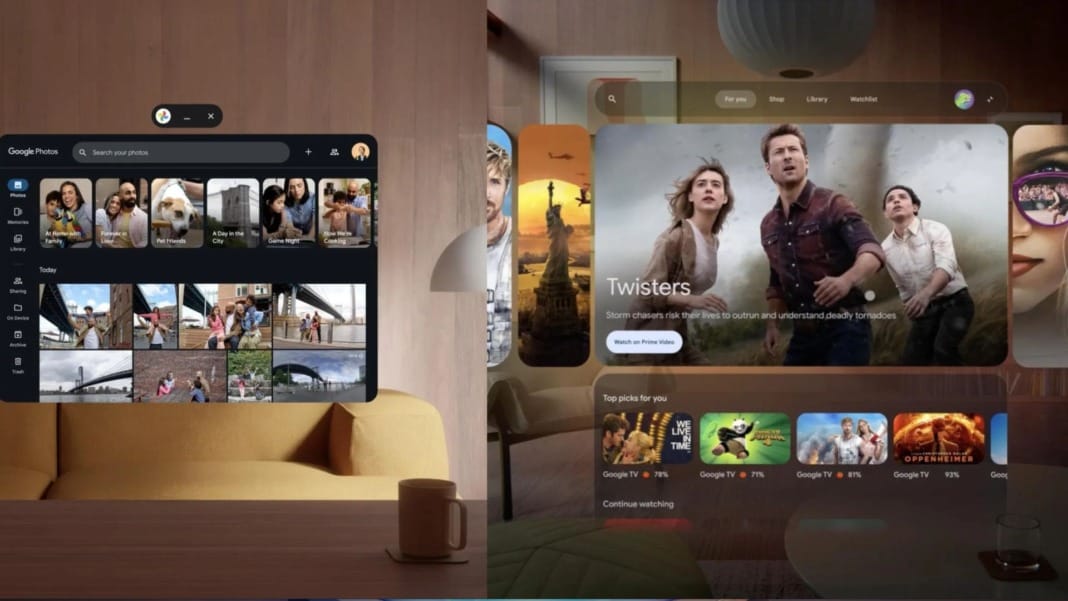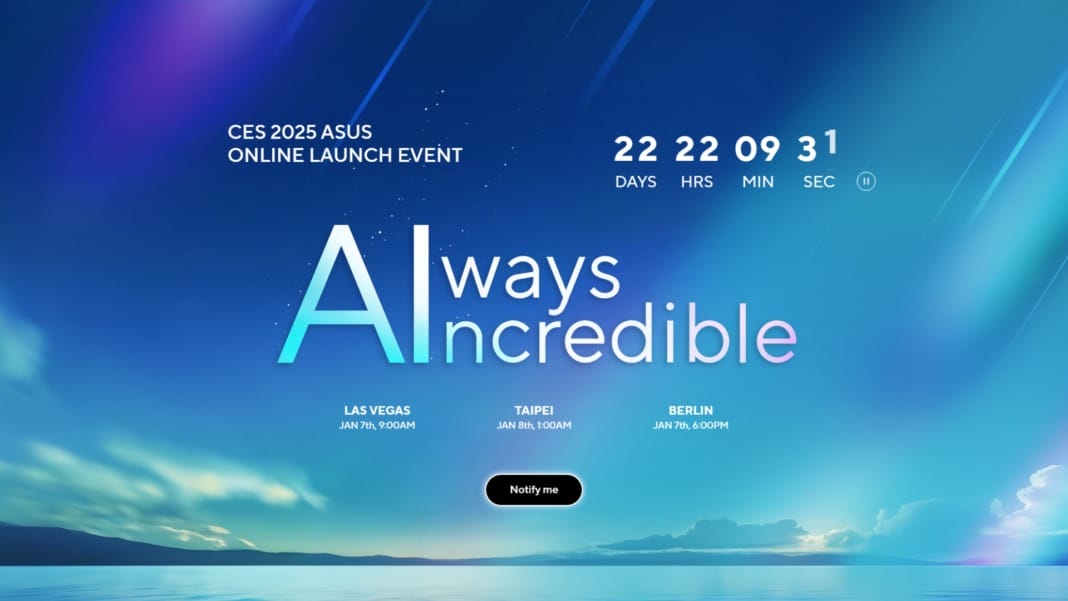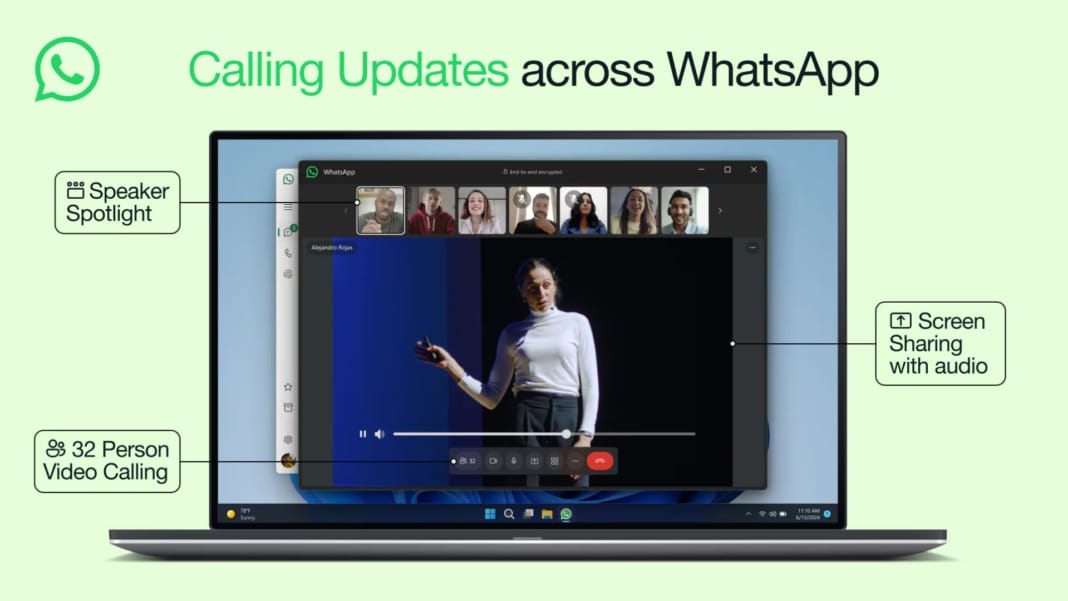Google has officially revealed Android XR, a new operating system designed specifically for extended reality (XR) devices, including headsets for augmented reality (AR), virtual reality (VR), and mixed reality (MR). The OS is a collaborative effort with Samsung and Qualcomm and promises an exciting new step forward in XR technology.
Samsung’s Project Moohan to debut Android XR
The first device set to feature Android XR is a Samsung headset, codenamed Project Moohan. The headset is powered by Qualcomm’s latest Snapdragon XR2+ Gen 2 chip and is expected to deliver cutting-edge performance. According to reports, Samsung may tease this innovative device during its Galaxy S25 event, likely in January 2025. The headset is anticipated to go on sale later in the year, giving tech enthusiasts something to look forward to.
At the core of Android XR is Gemini AI, Google’s advanced artificial intelligence system. This integration allows users to perform tasks effortlessly, from finding quick answers to efficiently controlling their devices. Moreover, Android XR devices will seamlessly support mobile apps and games available on Google Play, while developers are already preparing XR-specific apps and games for release in 2025.
Popular Google apps are also being redesigned for XR. Users can look forward to immersive experiences like a virtual big screen for YouTube and Google TV and a 3D version of Google Photos. Multitasking will be more straightforward with multiple Chrome browser screens in virtual reality. At the same time, the innovative Circle to Search feature enables users to find information about physical objects with a simple gesture.
Android XR isn’t just for headsets—it’s also being developed for smart glasses. With this technology, you’ll be able to access features like real-time translation, directions on maps, and message summaries without needing to reach for your phone. These capabilities bring a new convenience to wearable tech, potentially revolutionising how you interact with your environment.
An open platform for XR innovation
Google envisions Android XR as an open platform, similar to how Android transformed the smartphone market. By providing a unified system for XR devices, the company hopes to encourage innovation and make XR more accessible. To support this, Google will host an Android XR developer boot camp in early 2025. Developers attending this event can expect technical workshops and early access to still-in-development headsets, allowing them to create apps that fully utilise the platform’s potential.
Android XR represents Google’s ambitious step into the future of wearable tech and extended reality. With its strong partnerships and focus on user-friendly features, it could be a game-changer for both developers and users alike.





